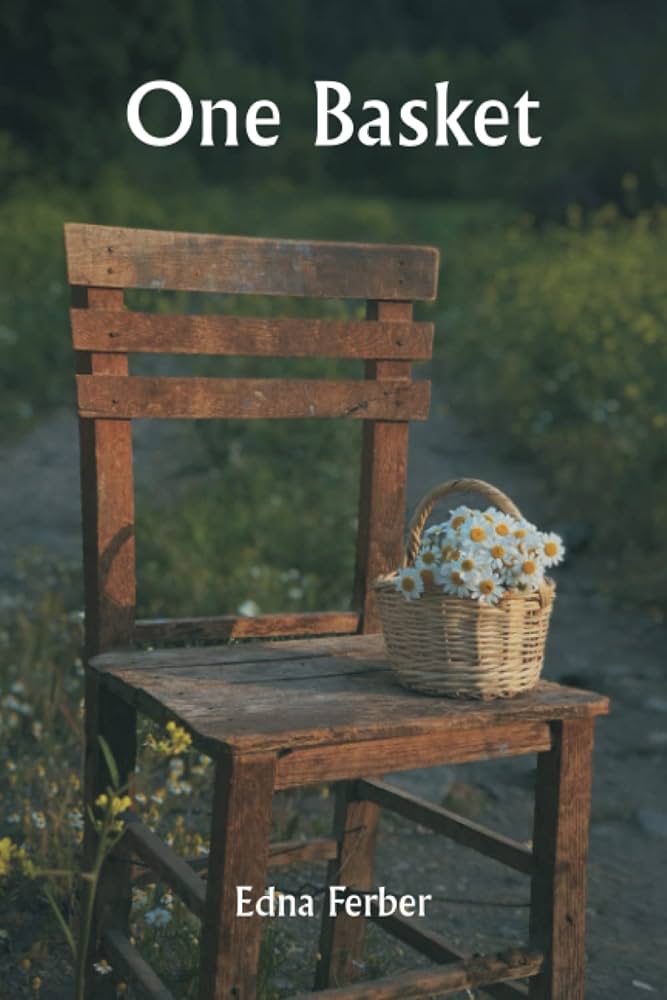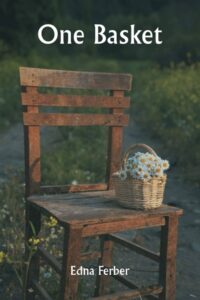Farmer in the Dell [1919]
byFarmer in the Dell [1919] opens with Ben Westerveld quietly enduring a life he never wanted. Once a prosperous and hard-working farmer in southern Illinois, Ben has now retired to the city, pushed by his wife Bella’s desire for a more modern lifestyle. In Chicago, surrounded by brick and noise, he finds himself restless and increasingly out of place. Though financially secure, his days are empty, stripped of the purpose and pride that came with managing his own land. While Bella thrives on shopping trips and social visits, Ben spends hours wandering the streets, observing a world that doesn’t seem to need him anymore. His yearning isn’t just for the open fields but for the rhythm and dignity of meaningful labor. The city, with all its conveniences, has made him feel invisible. It’s in this haze of boredom and displacement that he stumbles upon someone from his past.
Emma Byers, once a young flame, is now a commanding businesswoman in Chicago’s bustling produce market. Their reunion is both a comfort and a wake-up call for Ben. She sees right through his idle exterior and calls out what he’s tried to suppress—his heart still belongs to the land. Emma doesn’t pity him; she challenges him, reminding him that farming isn’t a backward life, but a foundational one. Her success in the city has not erased her rural roots; rather, she has integrated them into her purpose. Emma’s words strike something in Ben that city life never could—a reminder that being a farmer isn’t about the past, it’s about staying connected to what matters. Their brief conversation plants a seed, one that begins to grow inside him as he reconsiders his place in the world. Perhaps he doesn’t need to stay retired. Perhaps he just needs to reclaim what made him feel alive.
Still, the weight of expectations holds Ben in place. Bella’s plans, their grown children’s comfort, and the convenience of city life create a wall between him and the fields he misses. His days continue with a dull ache, filled with silent walks and polite nods. Then Dike returns home from France, bringing with him stories of farm life in Europe—fields cultivated differently, land valued for both tradition and progress. Dike, with his youth and respect for the old ways, looks at his father not with dismissal, but with admiration. Their conversations about agriculture turn into something deeper: a bridge between generations. For the first time in years, Ben feels truly heard. The passion in Dike’s voice reawakens the pride in his own experience.
Inspired, Ben begins to see that he doesn’t have to choose between his past and present. The knowledge he holds, once dismissed as old-fashioned, now seems relevant again. Even Bella, who had once insisted on urban ease, begins to soften as she watches father and son share ideas and plans. Farming, she realizes, isn’t just about hard labor—it’s about nurturing life, about roots, about resilience. Ben doesn’t make any grand declarations, but his actions change. He talks of leasing a small piece of land outside the city. He orders agricultural journals again. His hands, idle for too long, begin to itch with the memory of planting and harvest. What once felt like a closed chapter now feels like the beginning of something new.
In the end, Farmer in the Dell [1919] is not about escaping the city or romanticizing the past. It’s about rediscovering purpose where you least expect it and understanding that identity isn’t something you retire from. For Ben Westerveld, farming is more than an occupation—it is a calling, a connection to the cycle of life, and a source of quiet pride. The story doesn’t promise easy answers, but it does offer something more enduring: the chance to start again, not by becoming someone new, but by remembering who you’ve always been.


